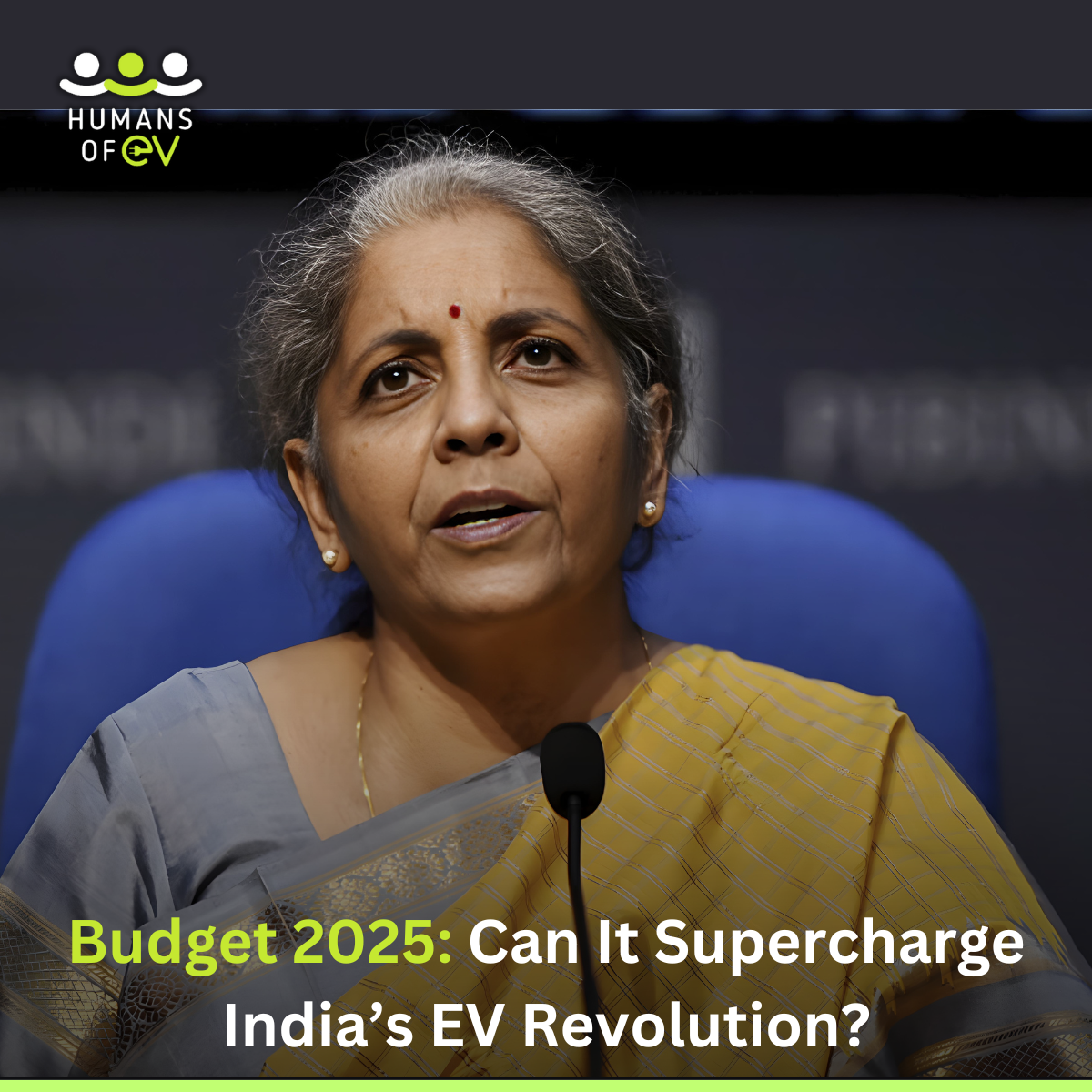
January 2nd, 2024 | New Delhi
Paving the Way for Local Manufacturing and Infrastructure Expansion
India’s electric vehicle (EV) industry has made significant strides, but critical challenges remain, particularly in battery manufacturing and charging infrastructure. The Union Budget 2025 presents an opportunity for policymakers to address these gaps and accelerate the nation’s transition to green mobility.
Spotlight on India’s EV Industry: Challenges and Opportunities
1. Addressing Battery Manufacturing Gaps
India lags behind global leaders like China in battery production, a cornerstone of the EV ecosystem.
- The 2025 Budget could incentivize local manufacturing through:
- Favorable policies to attract investments in battery production facilities.
- Collaborations with international firms for technology transfer.
- Tax incentives and subsidies to reduce dependency on imports.
2. Aligning with Global Standards
- Policymakers must focus on aligning EV manufacturing policies with international benchmarks, encouraging foreign investment and fostering innovation.
Infrastructure Needs: Building a Strong Charging Network
1. Recognizing Charging Infrastructure as Critical
- FM Nirmala Sitharaman could classify charging stations as part of the “infrastructure industry”, unlocking cheaper financing options for developers.
- This move would reduce setup costs, making charging networks more accessible to businesses and consumers alike.
2. Financing EV Infrastructure
- Including charge point operators under priority sector lending could significantly lower financing costs for charging infrastructure projects.
- Additional tax credits for consumers and businesses would further incentivize EV adoption.
What This Means for India’s EV Future
The Union Budget 2025 could serve as a catalyst for the EV industry by:
- Boosting domestic battery manufacturing.
- Expanding charging infrastructure.
- Offering financial incentives to reduce the upfront cost of EVs.
These measures would position India as a global leader in sustainable mobility, aligning with its Net Zero 2070 goals and enhancing the EV adoption rate across the country.



